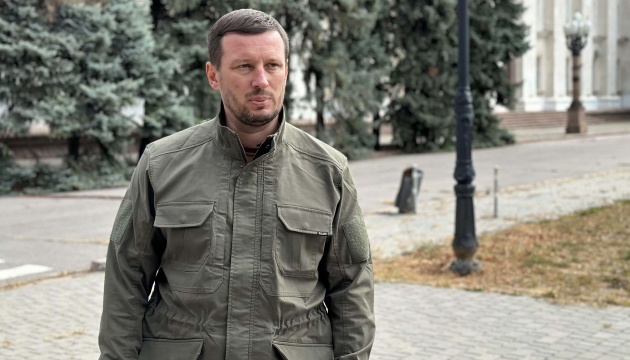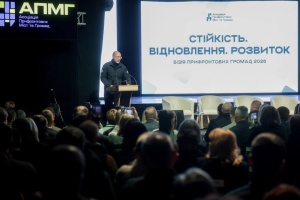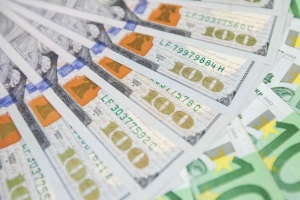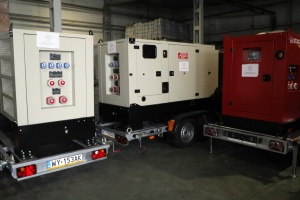
Kherson region launches energy independence project with UNICEF support
This update was shared on Facebook by Oleksandr Prokudin, head of the Kherson Regional Military Administration, Ukrinform reports.
“I spoke with Natalia Korniienko, the head of the community, about the launch of the energy independence project in Velyka Oleksandrivka. The village is finalizing the installation and connection of solar panels, which will supply electricity to all eleven wells,” Prokudin wrote.
This initiative ensures a stable water supply for 5,000 residents, even during power outages. Prokudin expressed gratitude to UNICEF for its support in raising UAH 5.8 million for this critical project.
Meanwhile, the reconstruction of a kindergarten in Velyka Oleksandrivka, destroyed by the Russian army, is in its final stages. The project, which began over a year ago, has been funded with more than UAH 38 million from state and local budgets.
Once completed, the facility will accommodate up to 120 children. Parents have enrolled the first 100 children. This shows that local families want to stay in the region, work, raise their children and live a normal life.
The reconstruction includes a fully re-roofed and insulated structure, new windows and doors, updated utilities, and the installation of a ramp, water tank, ventilation, and air conditioning systems. Interior finishing work and floor insulation have been completed, and a landscaping project is planned.
Special attention has been given to the safety of children, with a shelter being constructed next to the kindergarten to protect pupils during potential threats of Russian attacks.
According to the regional governor, this project exemplifies the gradual restoration of communities affected by the war.
As reported by Ukrinform, a solar power plant has been installed in the Myrove community of the Kherson region with the support of UNICEF.
As of January 28, 2025, ten renewable energy facilities and a mini-hydroelectric power plant with a capacity of 87 MW are operational in the de-occupied areas of the region. With the assistance of international partners, solar panels have been installed in the Velyka Oleksandrivka, Tiahynka, Vysokopillia, Kalynivka, and Novovorontsovka communities, ensuring a continuous water supply by powering wells. A total of 64 solar energy projects are planned across ten communities, with a combined capacity of 2,183.3 kW.
Additionally, the need for solar panels at more than 300 facilities in 16 communities has been identified. Once implemented, these projects are expected to generate over 10,000 kilowatts of electricity, significantly advancing energy independence in the region.




